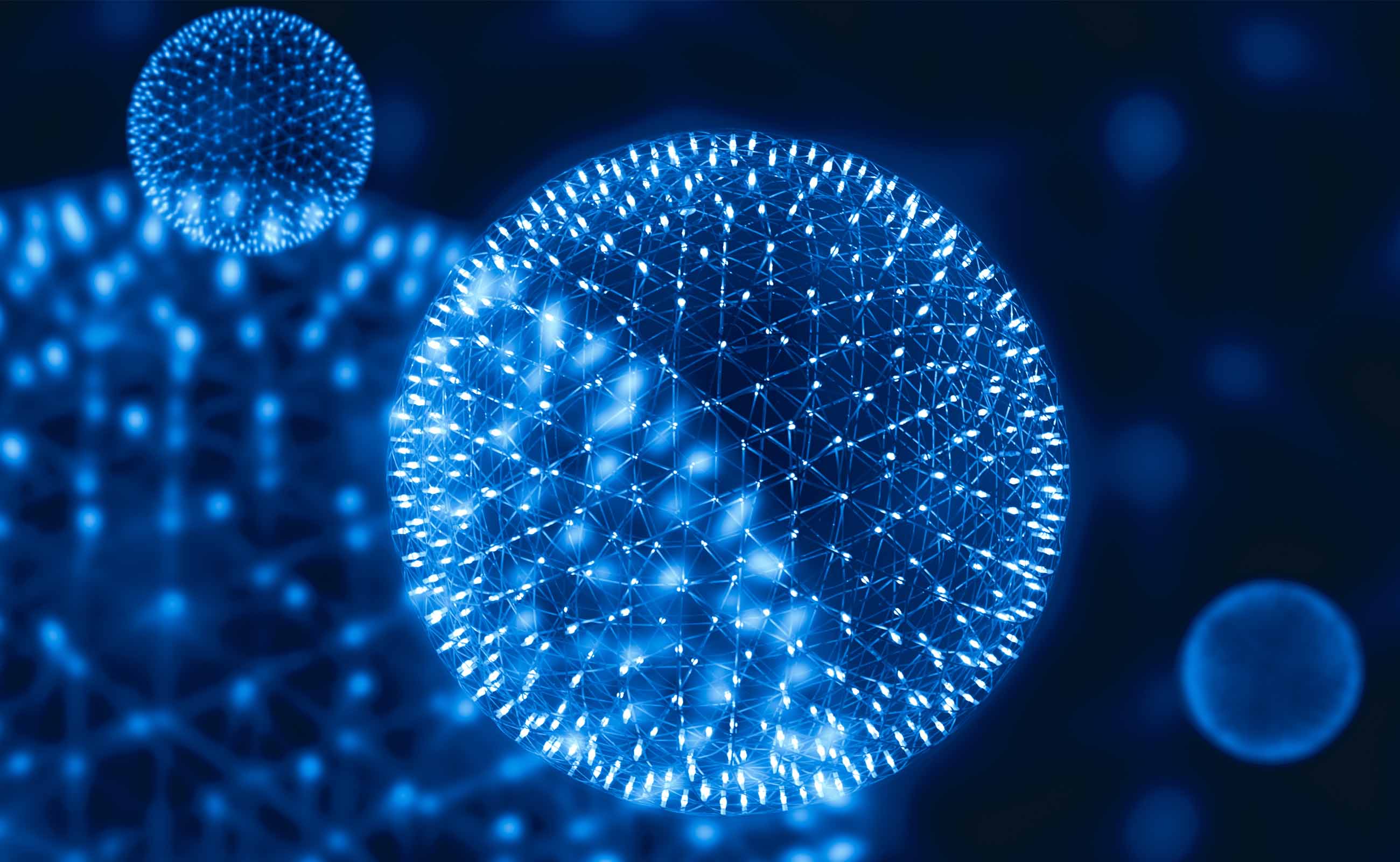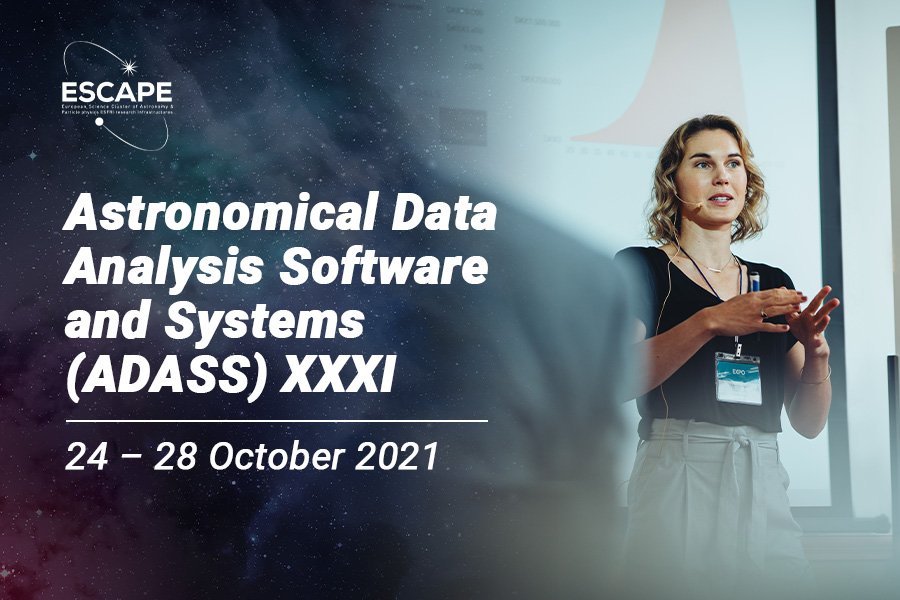The 31st annual conference on Astronomical Data Analysis Software and Systems. The conference will be held physically in Cape Town at The Westin Hotel and Online, on 24-28 October 2021, and hosted by IDIA, RATT, and SARAO.
This annual conference, held in a different location each year, is a forum for astronomers, computer scientists, software engineers, faculty members and students working in areas related to algorithms, software and systems for the acquisition, reduction, analysis, and dissemination of astronomical data.
The ADASS XXXI program will include invited talks, contributed papers, posters, tutorials, focus demos, and special interest (“Birds of a Feather” or BoF) meetings. These activities aim to stimulate further development of software and systems to meet the data science challenges of astronomy.
Key themes for ADASS XXXI are:
- Solutions for workflow management and reproducibility
- Understanding and improving machine learning
- Modernizing and maintaining telescopes
- Building accessible and friendly user interfaces
- FAIR standards for astronomical data
- Teaching resources for astroinformatics and virtual observatory
- Image processing for the public and scientists
- Big data: How to deal with the 5 Vs (volume, velocity, variety, veracity, value)
- Citizen science in astronomy
ESCAPE at the ADASS XXXI conference
ESCAPE will join the conference with:
Posters:
- The ESCAPE Data Science Summer School
- ESAP: The ESCAPE Science Analysis Platform
- MOCLibRust, a common library for MOCPy, MOCCli and MOCWasm. F.-X Pineau, X9-011
- Annotating TAP responses on-the-fly against an IVOA data model, Laurent Michel, Mireille Louys, Bonnarel François, X3-010
- Object Oriented Data Model strategy in the context of IVOA Table Access Protocol services, Laurent Michel, Mireille Louys, Bonnarel François, X4-010
- Localization of Electromagnetic Transient Candidates: a new Python plug-in for Aladin , Arianna Bartolomei, X4-006
- Using galaxy catalogues to localise gravitational-wave sources: a new Virtual Observatory plug-in to esteem their completeness. Elisa Cartechini, X4-009
Sessions:
- 24 October 2021, 19:00 GMT+2 - stropy, PyVO and the Radio realm (Dave Morris, Hendrik Heinl): In this tutorial the participants will learn how to use PyVO and ObsTAP to find services and to explore the data on these services, they will use Datalink and SODA to perform cutouts on large images, and eventually use PyVO and Astropy to write a SAMP handler to combine the functionality of TOPCAT and Aladin with PyvO.
- 27 October 2021, 10:45 GMT+2 - FAIR high-level data for Cherenkov astronomy (Mathieu Servillat): This session will provide an overview of a prototype platform that implements the main functionalities of a science gateway, including data search and access, online processing, and traceability of the various actions performed by a user.
- 27 October 2021, 12:45 GMT+2 - European Virtual Observatory Schools (Fran Jiménez-Esteban): This session will introduce the European Virtual Observatory schools, explain the approach followed and present the training materials that have been developed over the years.
- 28 October 2021, 10:15 GMT+2 - Supporting FAIR principles in the Astrophysics Community - the European experience (Marco Molinaro): This session will focus on the FAIR principles and their research results value, metrics and data quality, community and governance, cross-domain interaction and in-domain metadata enrichment towards machine actionability.
- 28 October 2021, 12:30 GMT+2 - The universe speaks for itself: from unsupervised physics to semantic source separation (Martino Romaniello): This session will provide an overview on how "AstroMachines" have learned to infer physical parameters such as radial velocity and effective temperature, just by watching a large number of stellar spectra and without being asked to do so and how semantic source separation abilities in the same architecture, and have reinforced it to "randomize out" telluric lines in stellar spectra, again in a non-supervised fashion.

